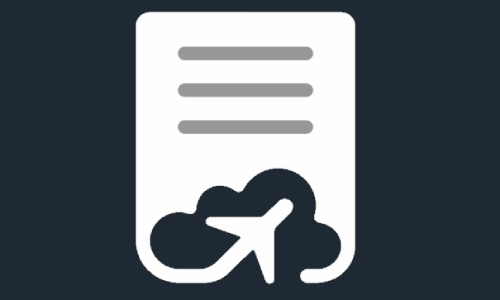Summary of the different Jobs within an Airport
Baggage Handler
The baggage and air cargo handler loads and unloads baggage, air mail, air express, and air cargo shipments. He or she operates baggage tugs, conveyors, fork lifts, and other baggage and air freight handling equipment. The Baggage Handler is responsible for loading and unloading baggage. They may lift heavy luggage, mail sacks, and fasten freight under pressure and time. They use trucks, forklifts, baggage carts, and conveyors to load aircraft in a safe and cautious manner. These materials are loaded in the baggage compartments (belly) of the aircraft. Almost all work is done outdoors and uniforms are required for security purposes. These employees work on arriving and departing aircraft which provides a varying work schedule in accordance to the airlines flight schedule. Training is usually done on the job.
Airport Duty Manager
The Duty Manager is the ‘go-to’ member of the management team who is accountable for operations on a day-to-day basis. Candidates who wish to become duty manages should have the following characteristics:
- – Enjoy managing your team to create a seamless operation and will instinctively ensure all aspects of the operation run like clockwork.
- Be used to running diverse and sometimes challenging operations whilst inspiring and motivating the team with your extensive leadership skills.
- Endorse positive behaviours to create a happy workplace, leading by example with a ‘can do’ attitude,
- Handle queries and concerns from customers with tact and sensitivity whilst maintaining staff confidentiality in a professional manner.
Refueler
The aircraft fueller works outdoors in all kinds of weather with potentially hazardous aviation gasoline and kerosene. They operate refueling trucks, and lift a heavy amount of equipment.
In the course of a normal day, a fueler makes approximately 25 trips in and out of their truck. They climb ladders or stools as much as 30 times while connecting and disconnecting the nozzles from the aircraft. Some aircraft requires reaching fill points that are approximately 12ft off the ground. Average responses to aircraft are 15 fuelings per day. Strict safety rules must be observed on the ground, on the ramp and while using equipment.
Fuelers may also be asked to assist with the ramp services and perform lavatory services for aircraft. The job entails shift work is required, and a uniform must be worn.
Ramp Service Personnel
Ramp servicepersons who work on the ramp and service the exterior of the aircraft, wash, polish, touch up paint, and de-ice the aircraft. Chemicals are used to prevent corrosion of surfaces. Ramp service persons sponge, brush, mop, and hose the outside of planes.
They must stand on scaffolding or ride special lift equipment to reach high places. Although usually in a hangar, they sometimes work outdoors. The heaviest work schedules are at night, when most aircraft are not in service. Shift work is required, and work is done frequently under pressure of time. Uniforms must be worn.
Driver
This job category includes drivers of food trucks, mobile stairs, employees’ buses, messenger cars, conveyors, cleaning equipment, aircraft air conditioning and power carts, and other equipment.
These employees drive equipment to the aircraft and operate machinery used to load and off-load food containers, galley units, and other kinds of equipment. They attach and detach ground air conditioning and power carts, move stairs, or drive employee buses between airline facilities at the airport. They are usually on a regular work schedule.
Airline Flight Operations
A job as a flight dispatcher or aviation scheduler involves a lot of pressure, Airlines could not function efficiently without highly skilled people on the ground, ensuring aircraft are where they need to be. A vital part of airport life is the task of keeping the airplanes operating on schedule.
Flight operations must take into account the weather – both during the journey and at the final destination. That means studying winds aloft, thinking about alternative destinations, fuel requirements, altitudes, and general traffic flow.
Schedule Coordinator
A schedule coordinators job is to maintain the integrity of the flight schedule by ensuring flights are fully staffed. They assign and cover open flying in accordance with the pilot and flight attendant contracts and applicable Federal Air Regulations. They are responsible for handling the day to day assignment of crews to cover all flight schedules.
Even though the airlines are in business to transport people from one place to another, they could not function without the help of many people on the ground, including those who take reservations and sell tickets, as well as those who help keep the airplanes operating on schedule.
Aircraft mechanics
Aircraft mechanics employed by the airlines perform either line maintenance work including routine maintenance, servicing, or emergency repairs at airline terminals, or major repairs and periodic inspections at an airline’s overhaul base.
Aircraft mechanics in general aviation perform maintenance and repair jobs similar to those performed by airline mechanics, but they may work on small piston-engine or larger turbine- powered aircraft, depending on the type of business the facility specializes in.
Reservation Sales Agent
Each year millions of Americans travel by air and their trips are made easier by professionally trained reservation sales agents. They handle telephone inquiries about flight schedules, fares, and connecting flights; reserve seats and cargo space for customers; operate computerised reservations equipment; and keep records of reservations.
Ticket Agent
The ticket agent is most often the first employee the passenger meets after entering the airport. Ticket agents provide frontline customer service and are responsible for assisting passengers with their travel needs.
Ground Attendant
High public visibility characterizes this job. The ground attendant assists passengers in the terminal in many different ways. For example, the ground attendant answers questions about fares, helps locate lost baggage, explains missed connections, and provides assistance to persons who are ill or in need of a wheelchair.
Airport Cleaners
You will need to have good customer service skills: Be reliable, Keen and hard working
Main Duties: Mopping, Sweeping, cleaning the toilets, wiping down surfaces and other duties as required.
Pay Range: £7-10 per hour depending on contractor
Flight Dispatcher
This is someone who works on the ramp and is a planner, they keeps track of arriving aircraft and dispatches service units, cleaners, fuellers, baggage handlers, and food service trucks. He or she must know flight schedules. They move the jet bridge, communicate with the pilots and is in charge of all the goings on around the aircraft on the turn around.
Passenger Service Agent
The passenger service agent (PSA), While specific job responsibilities can differ, PSA’s typically handle baggage claims, load cargo, check rider reservations, answer customer inquiries on the phone and in person, sell and collect tickets, assist with passengers with special needs, and perform a number of other customer service related duties.
Food Service Personnel
The food service employees follow set recipes to prepare and cook food. They arrange silverware and dishes on serving trays and food items in serving dishes. They place food in either hot or refrigerated containers for pickup and delivery to the aircraft. They receive and clean soiled dishes.
Air Cargo Handler
Responsible for the safe and timely movement of all cargo. Proper cargo loading is essential for safe flight operations. The air carrier must have procedures in place to ensure that employees and vendors are properly trained in the process. The loading personnel, flightcrew, and flight engineer must all take responsibility to ensure that the process is completed correctly.
